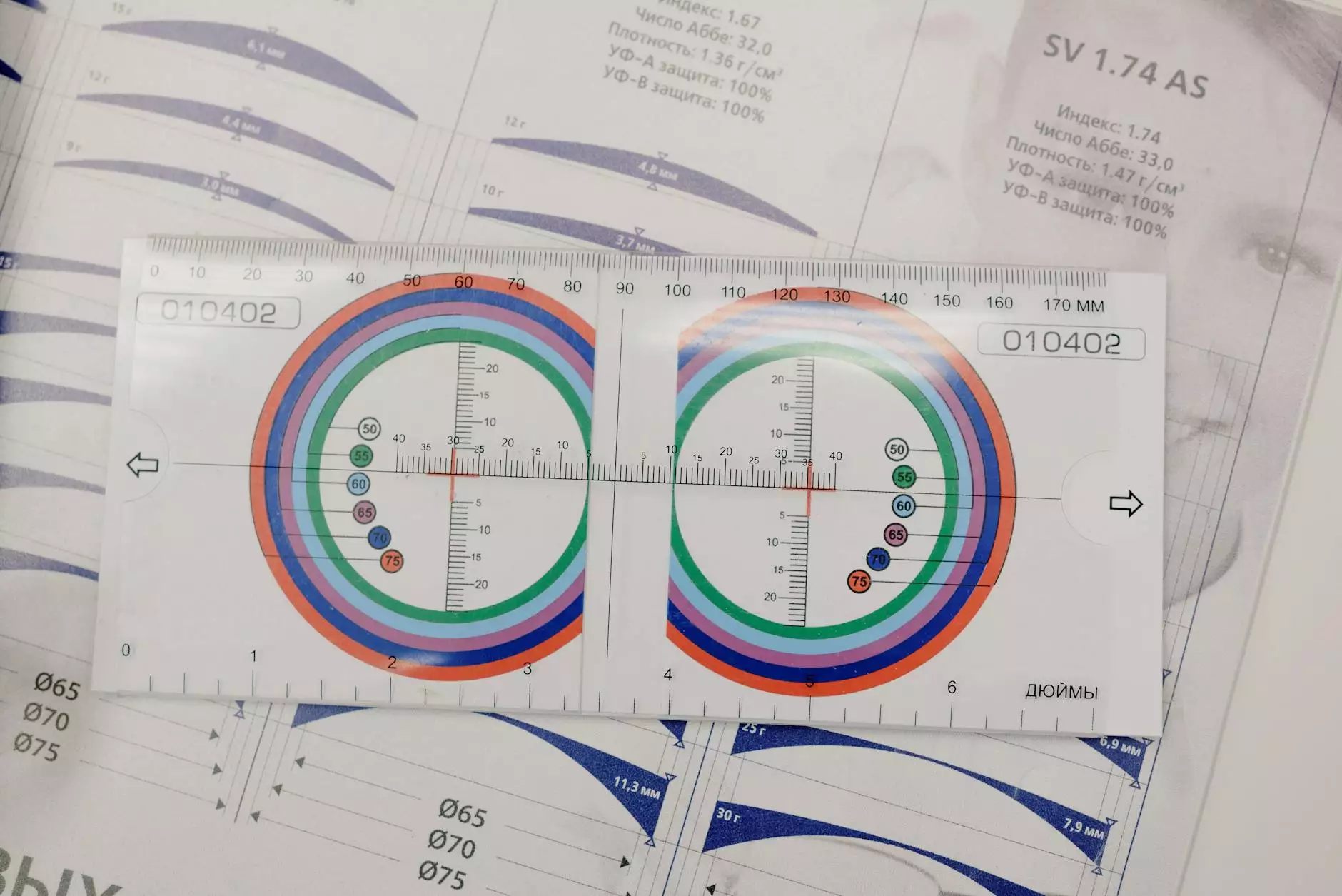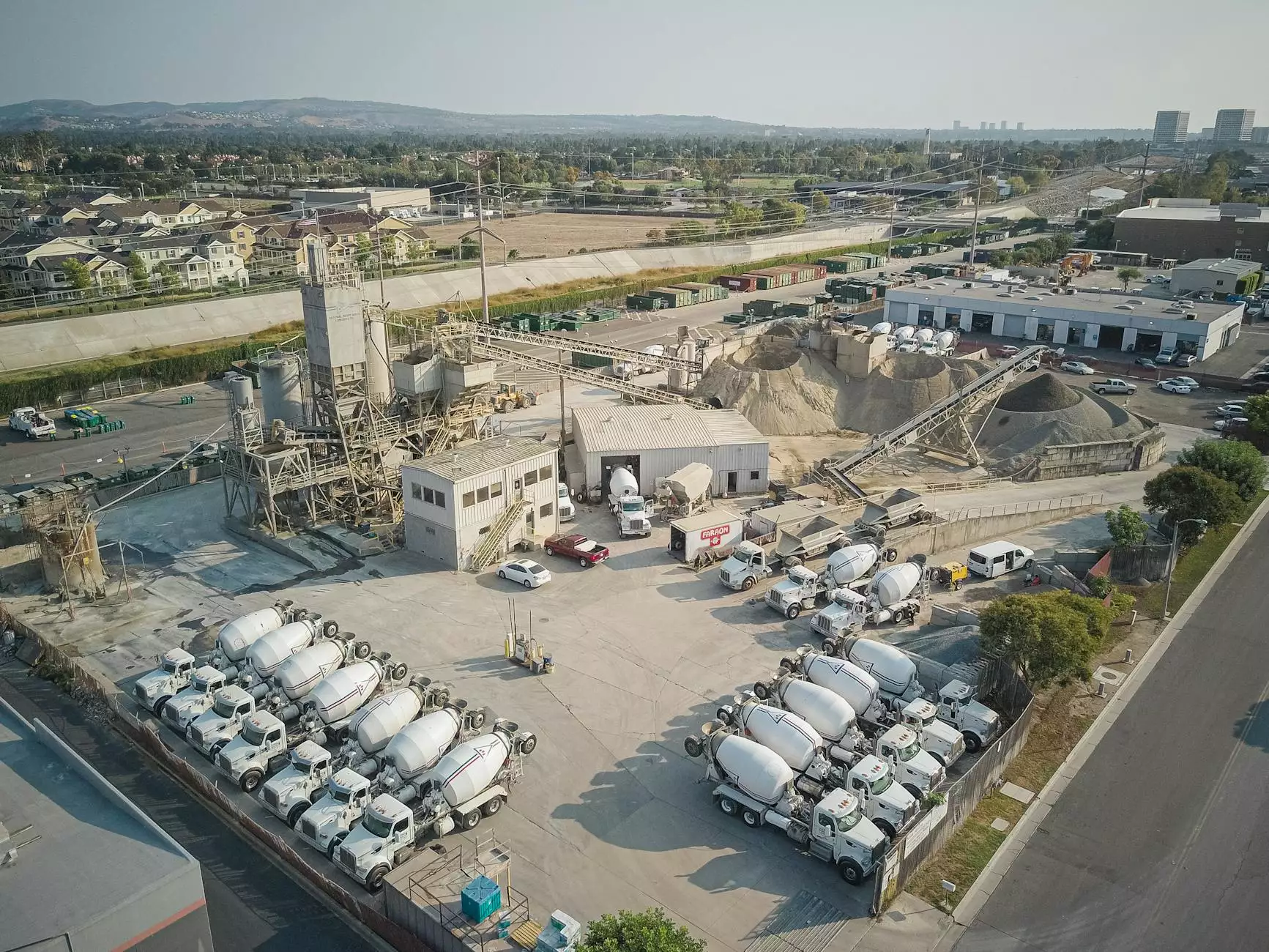Understanding the Control Unit TCU: A Comprehensive Guide

The Control Unit TCU (Transmission Control Unit) is a critical component in modern vehicles, particularly for those equipped with automatic transmissions. In this comprehensive guide, we will explore the various aspects of TCU technology, its functions, and its significance in the automotive industry.
What is a Control Unit TCU?
The Transmission Control Unit (TCU) is an electronic component responsible for controlling the operation of the vehicle’s transmission. This unit ensures the smooth shifting of gears and optimizes the engine's performance by managing the power transmission between the engine and the wheels.
The Evolution of TCU Technology
Over the years, TCU technology has evolved significantly. Initially, mechanical linkages were used to control gear shifts. However, as automotive technology advanced, the introduction of electronically controlled transmissions became commonplace. Below are some of the key developments in TCU technology:
- Early Days: Mechanical systems dominated the landscape, relying on physical linkages to engage gears.
- Introduction of Electronics: The first electronic control units appeared, allowing for more precise transmission control.
- Adaptive Learning: Modern TCUs can learn and adapt to a driver's habits, improving performance over time.
- Integration with Other Systems: Advanced TCUs work in tandem with the Engine Control Unit (ECU) and other vehicle systems for enhanced efficiency.
Key Functions of the Control Unit TCU
The TCU operates several key functions that are essential for optimal vehicle performance:
- Gear Shift Control: The TCU determines when to shift gears based on various parameters such as vehicle speed, engine load, and throttle position.
- Torque Converter Management: It regulates the torque converter's operation, ensuring effective power transfer and preventing engine stalling.
- Diagnostic Capabilities: Modern TCUs are equipped with self-diagnostic features, which can identify and report faults within the transmission system.
- Performance Optimization: By analyzing driving conditions, the TCU can optimize shifting patterns for better fuel efficiency and performance.
The Importance of TCU in Modern Vehicles
In the landscape of automotive technology, the Control Unit TCU plays an invaluable role:
- Enhancing Driving Experience: Smooth and efficient shifting contributes to a comfortable driving experience.
- Fuel Efficiency: By optimizing engine performance, TCUs help improve fuel economy, an important factor for consumers today.
- Reduced Emissions: Efficient transmission control minimizes unnecessary fuel consumption, leading to lower emissions and a greener environment.
- Safety Features: Advanced TCUs incorporate smart features that enhance vehicle safety, such as adaptive transmission responses during sudden acceleration or deceleration.
Challenges and Innovations in TCU Technology
Like any technology, TCU systems face challenges and are continually evolving. Some challenges include:
- Complexity of Systems: The integration of TCUs with other vehicle control systems can lead to complexities that require skilled technicians for maintenance and repair.
- Data Management: The amount of data processed by modern TCUs necessitates advanced computing power and sophisticated algorithms.
- Reliability Concerns: As electronic components, TCUs can be susceptible to failures caused by electrical issues, heat, or moisture exposure.
Future Trends in TCU Technology
The future of Control Unit TCU technology looks promising as emerging trends and innovations continue to reshape the automotive industry:
- Increased Automation: More vehicles will feature automated manual transmissions (AMTs) and continuously variable transmissions (CVTs) that rely heavily on advanced TCUs.
- Enhanced Connectivity: The incorporation of IoT (Internet of Things) technology will allow TCUs to communicate with other vehicles and infrastructure for improved traffic management.
- Integration with Autonomous Systems: For self-driving vehicles, TCUs will play a crucial role in the seamless operation of gear shifts and performance adaptations.
- AI and Machine Learning: The adoption of AI-driven TCUs will enhance adaptive learning abilities, allowing vehicles to better understand driver behavior and preferences.
How to Maintain Your TCU
Proper maintenance of the Control Unit TCU is essential for ensuring longevity and optimal performance. Here are some tips for vehicle owners:
- Regular Diagnostic Checks: Utilize OBD-II scanners to detect any issues that may arise within the TCU.
- Fluid Maintenance: Regularly check and change transmission fluid as per manufacturer’s guidelines to keep your transmission system operating efficiently.
- Watch for Warning Signs: Pay attention to any unusual shifting patterns, warning lights on the dashboard, or any sharp changes in vehicle behavior.
- Professional Servicing: Have your vehicle inspected by a qualified mechanic who understands the intricacies of TCU systems.
Conclusion
Understanding the role of the Control Unit TCU is essential for anyone interested in automotive technology. As vehicles evolve, so too does the need for advanced transmission control systems that enhance safety, efficiency, and overall performance. By staying informed about TCU technology and its importance, vehicle owners can appreciate the sophisticated engineering that drives their automotive experiences today.
For top-quality automotive parts and supplies, Shenghai Auto Parts offers a wide range of options to suit your vehicle needs. With a commitment to excellence and innovation, Shenghai ensures that you have access to durable and reliable auto parts that stand the test of time.









